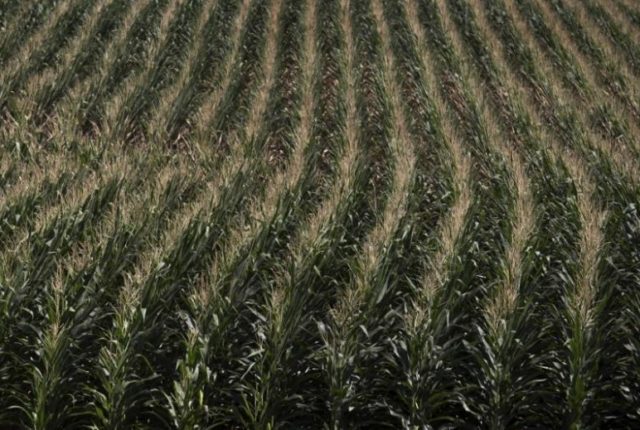
COVID-19 in Lancaster Agriculture
Donations of Agricultural Products to the Charitable Food Network
On Tuesday, March 9, 2021, the Lancaster County Agriculture Council along with its partners – Central Pennsylvania Food Bank, Blessings of Hope, Feeding Pennsylvania, and the Penn State Ag Law Center – sponsored a webinar targeted to food producers on how to get surplus agricultural product into the charitable food network. The webinar focused on making the connections to programs and the tax implication of donations. Presenters included…
- Joe Arthur, Executive Director, Central Pennsylvania Food Bank…jarthur@centralpafoodbank.org
- David Lapp, Blessings of Hope, Ephrata, PA…david@lappbrothers.com
- Tom Mainzer, Director of Agricultural Partnerships, Feeding Pennsylvania…tmainzer@feedingpa.org
- Holbrook Duer, Staff Attorney, Penn State Agricultural Law Center…dhd5103@psu.edu
To contact individuals about donating agriculture product…
- Blessings of Hope: Mike Pautz, Food Donor Relations, 717-201-4354 or mike.pautz@blessingsofhope.com
- Central Pennsylvania Food Bank: Beth Hamilton, 717-724-3191 or bhamilton@centralpafoodbank.org
- Feeding Pennsylvania: Tom Mainzer, tmainzer@feedingpa.org
Click here to see and download a recording of the webinar.
Notes on a Listening Session with Charitable Food Providers and Representatives of Agriculture Producers
This session was a follow-up to work that was previously published in a White Paper by the Ag Council on the lessons learned from the COVID-19 pandemic and their implications for the future as a part of the Recover Lancaster project of the Commissioners. The goal of the meeting was primarily information sharing and the identification of gaps that exist in the connection between the charitable food and the agricultural production networks.
Notes on Listening Session with Charitable Food ProvidersCOVID-19 and Its Effect on the Agriculture and Food System in Lancaster County: A White Paper
Over the course of the summer, the Lancaster County Agriculture Council conducted 20+ interviews with its members regarding the ways that COVID-19 has affected their businesses since it took hold in March 2020. It also connected that content with the observations of subject matter experts in topics ranging from marketing to the meat and dairy supply chain and from the charitable food network to packaging and processors. Accounts from local media were also helpful in tracking the reaction of the agriculture and food industry to the COVID-19 impacts.
In this brief report, we offer a summary of information collected to answer what happened to the agriculture and food industry in the last six months, what the industry did in response, and what we learned from the experience. It is not meant to be exhaustive in its review but rather indicative of what happened on the ground with producers, distributors, and people that service the industry. It might help the County plan for emergencies like this one that may occur in the future.
Covid and Its Effect – White Paper Summary of RecommendationsRecommendations
- What can we do at the local level to be assured that local needs are met while the big players work things out?
- Is there a need for some type of rapid response team in an emergency that would be able to assess local needs and coordinate with programs coming into the County from outside organizations as well as with policymakers about emergent needs?
- Could diversification become a topic for more sharing in the local agriculture and food industry?
- Could this be built into farm business plans which are sorely needed in most farming (and distribution) operations?
- The connection with the charitable food network was mostly spontaneous but could there be a plan?
- Could there be a proactive business development effort to train new butchers and help them get started?
- Is there a way to build a more specific skill-training program for butchers at a local school, which already has a culinary program, and to connect that with the Butcher Course that is being planned for Penn State University?
- Could there be more consistent attempts to match producers for direct sales to local companies?
- Could there be a role here for the produce auctions as key intermediaries of which Lancaster County has several?
- Is there a way to deal with these issues of a safe work environment proactively by changing the work environment, which gets further complicated when foreign-born/guest workers are involved?
- Could part of that proactive plan be to assure that adequate PPE is available when and where needed?
- How can the agriculture and food industry get to the front of the line when government is naming essential workers?
- Could there be a provision in government requirements at all levels that would temporarily allow a regulatory official to waive such requirements when the circumstances are warranted?
- How do we offset the broader effect of more people working at home on the commercial real estate market in the short and long-term?

